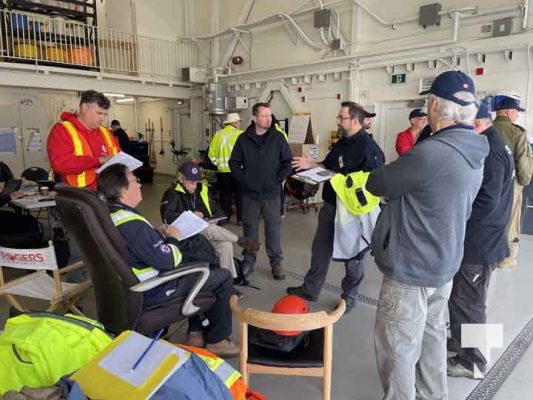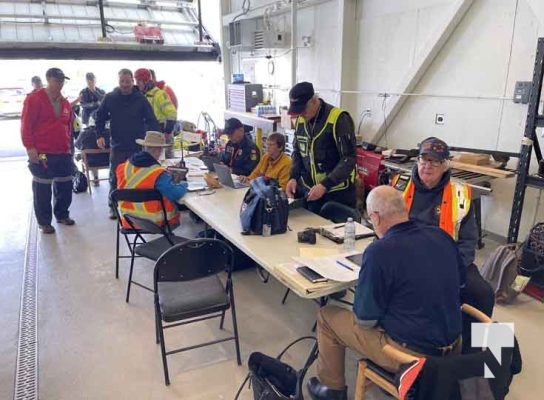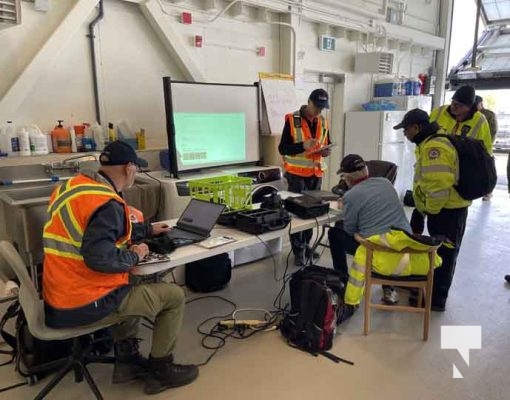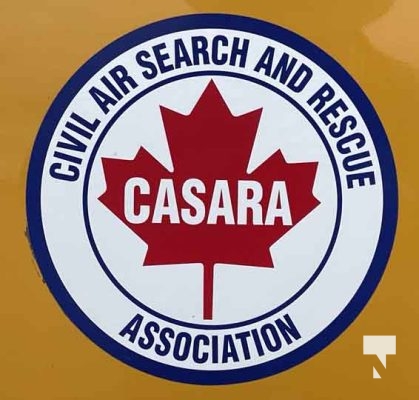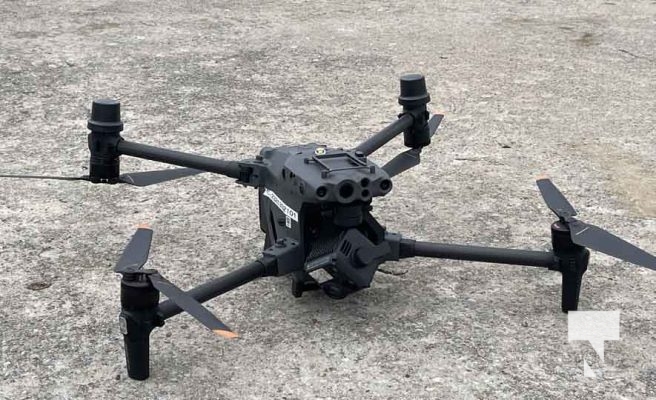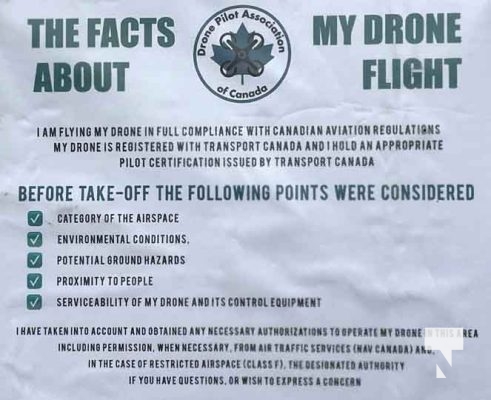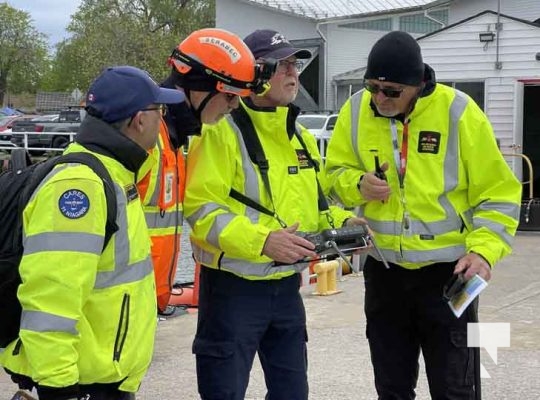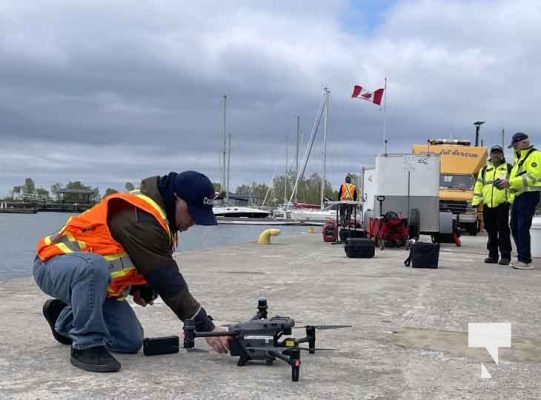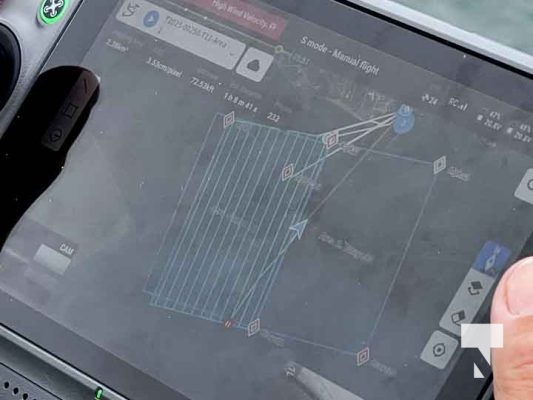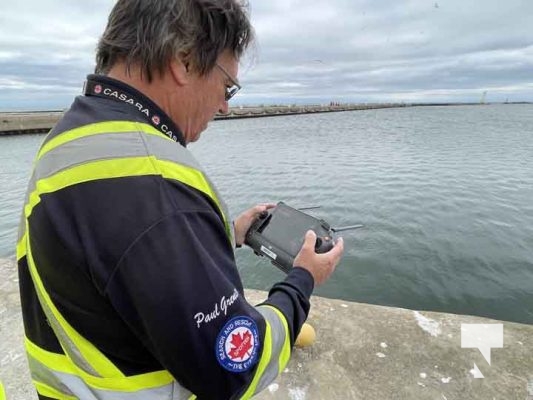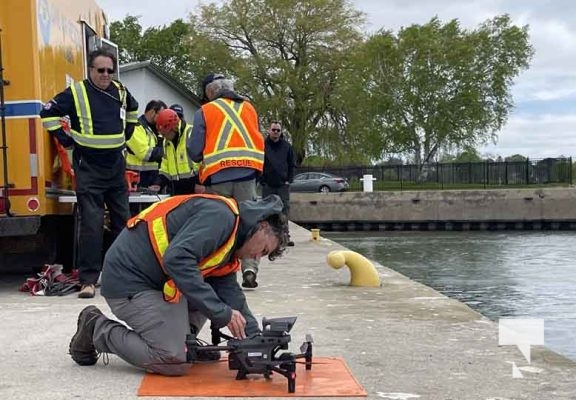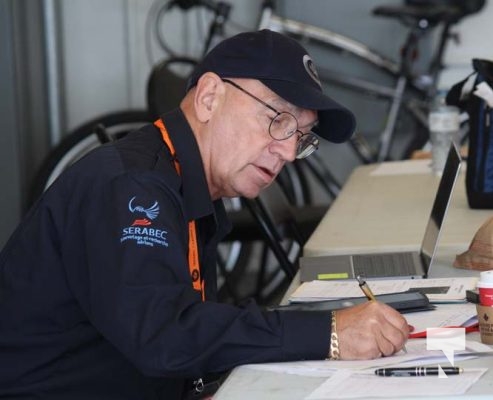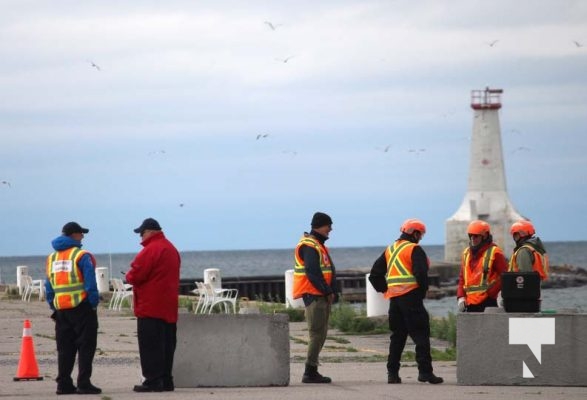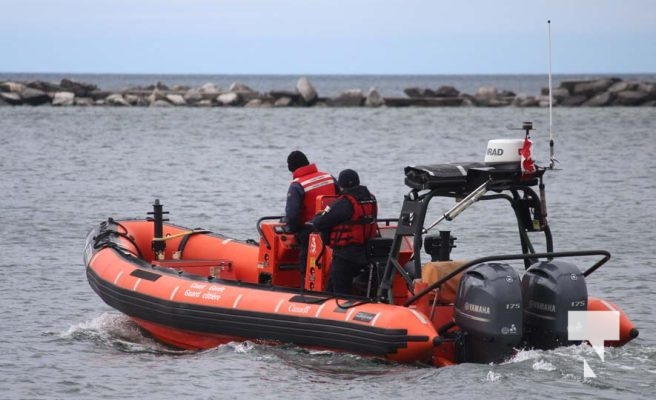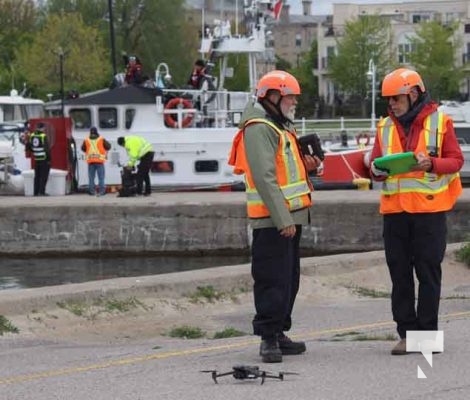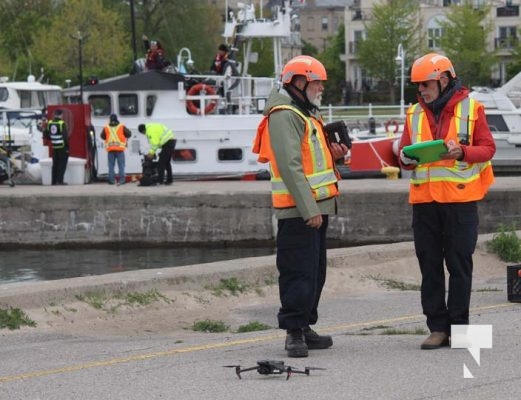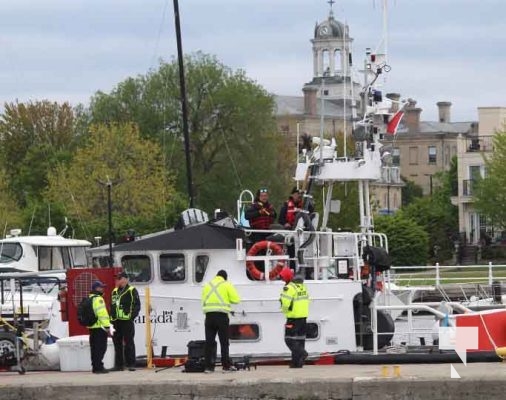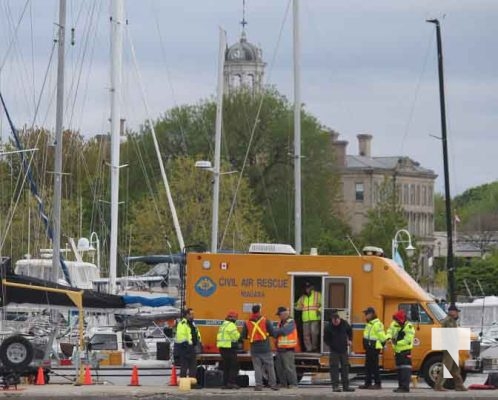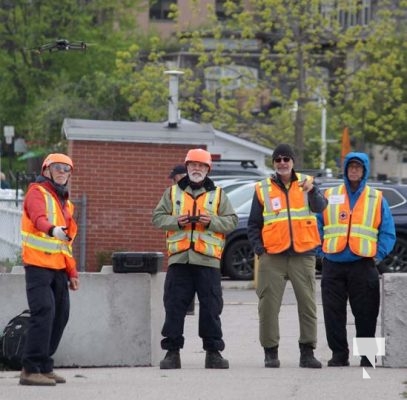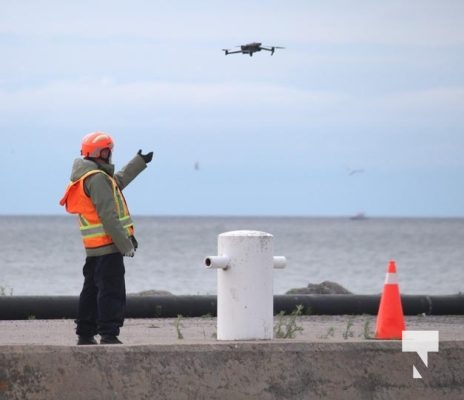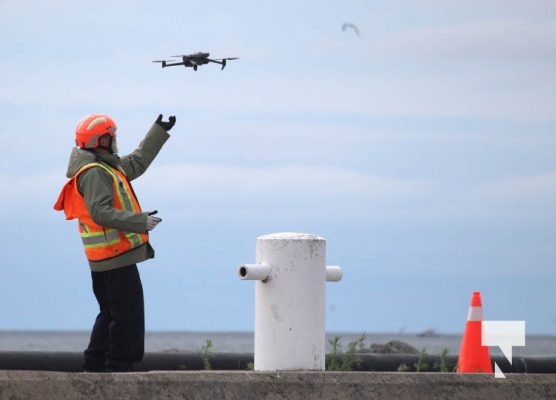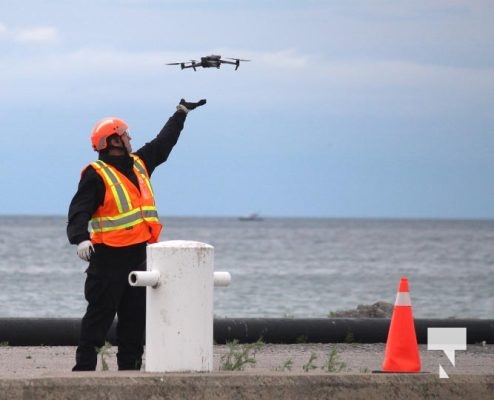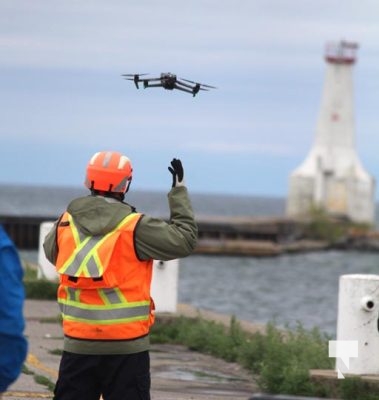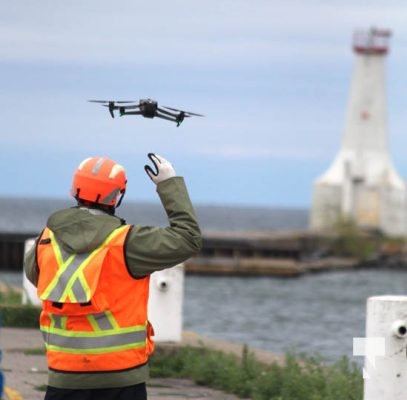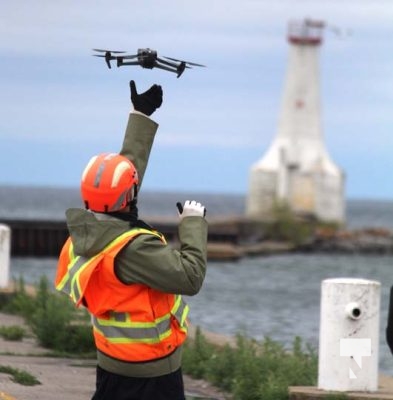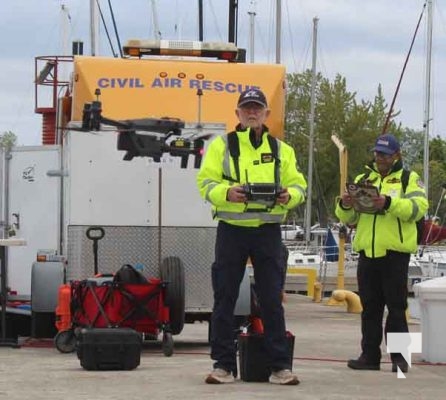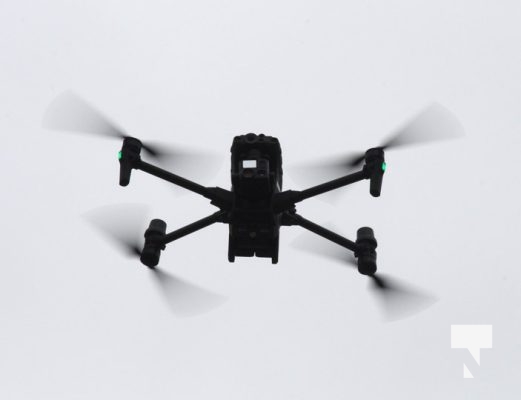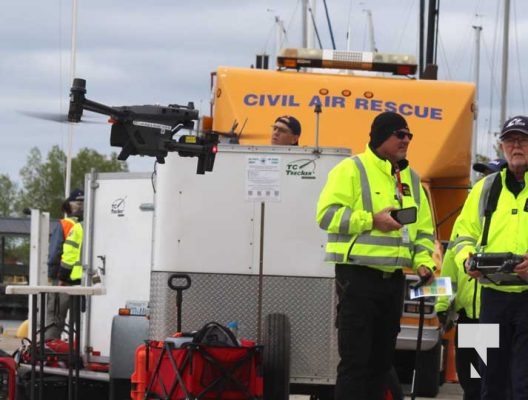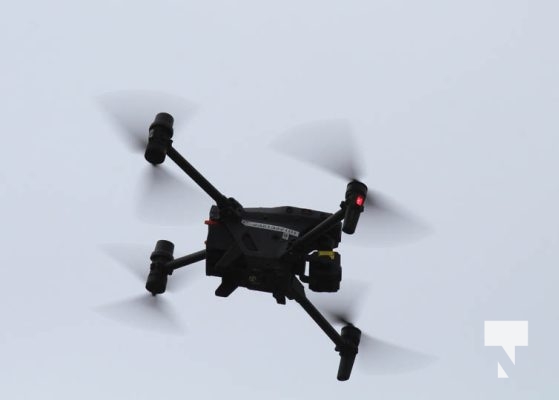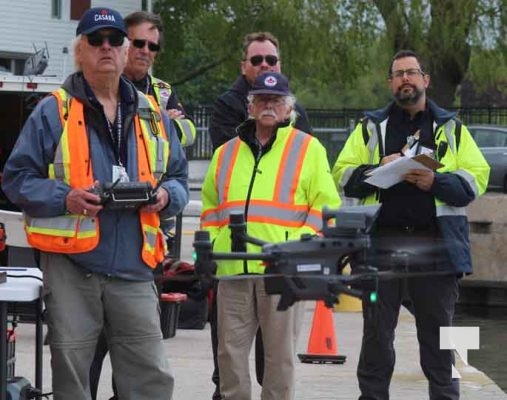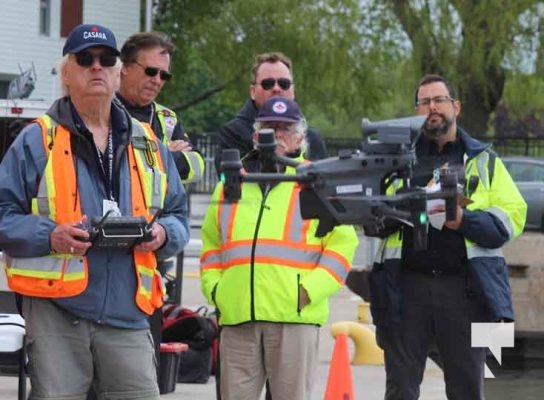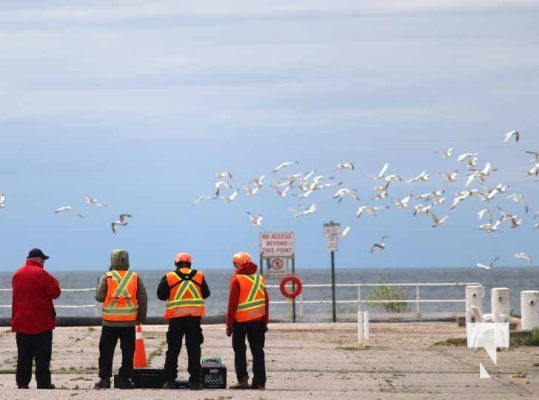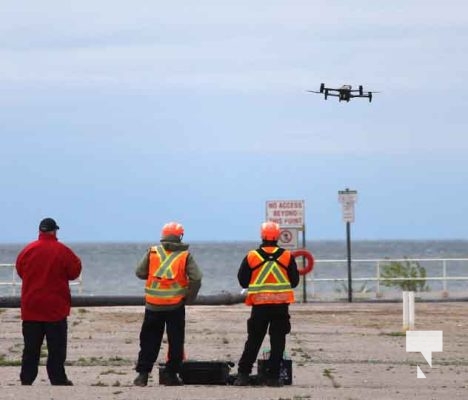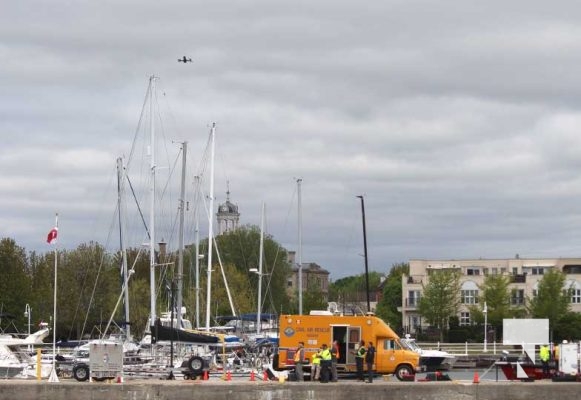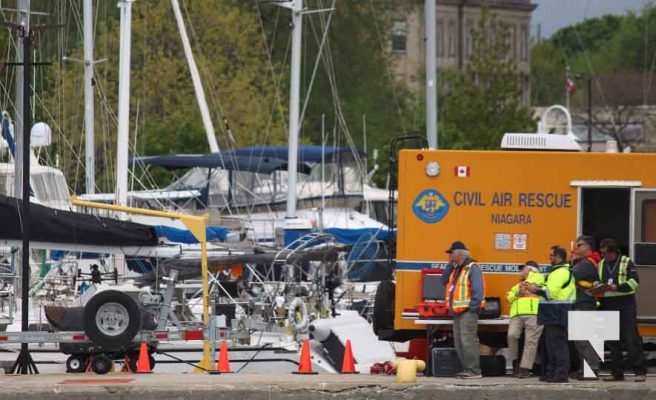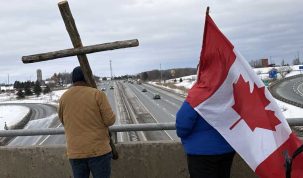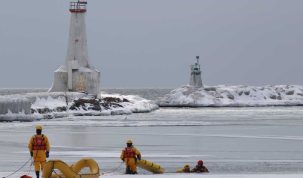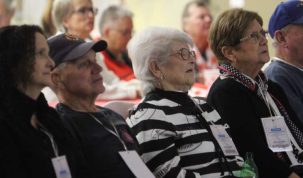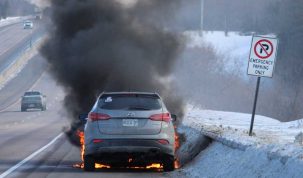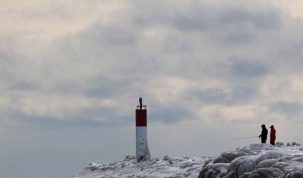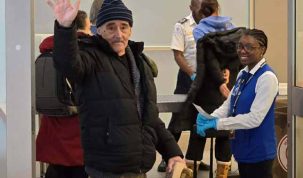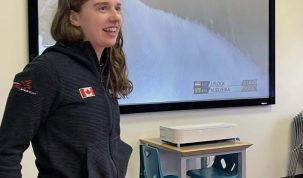A group of search and rescue volunteers from across Ontario and Quebec were in Cobourg over the weekend focusing on drone training.
The group of volunteers from the Civil Air Search and Rescue Association (CASARA) were based out of the Canadian Coast Guard station in Cobourg over the weekend working on beyond visual sight training with remotely piloted aircraft system (drones).
CASARA is a national aviation organization to support Canada’s Search and Rescue (SAR) mandate and to promote search and rescue (SAR) awareness. A network of volunteers comprising 13 Member Organizations, divided into 67 Zones, providing SAR assistance across 9.985 million square kilometers of Canada.
Over the weekend there were 14 drone pilots involved in the operation.
Major Claude Courcelles, National CASARA Liaison Officer with the Royal Canadian Air Force said scenarios involved a plane crash on Lake Ontario with one person being recovered and a aerial search using drones for the missing passenger.
CASARA members were told to search an area two-miles square south of Cobourg.
With strong winds on Saturday, Courcelles said it was “very challenging” weather conditions.
“That’s part of the training. How much energy do you need to do your mission?”
The battery life for a drone is approximately 45-minutes, but that can fluctuate with weather/wind conditions.
Technology has evolved drastically in the last five years with the camera capabilities along with thermal imaging of the RPAS/drones and software.
On Saturday, when the battery life of the drones deteriorated, drones flew back to the Coast Guard station where batteries were exchanged along with a memory card that can hold thousands of photos from the search area.
The drone then went back to the area and continued the search, while the memory card was downloaded and photos (up to 3,000 photos) analyzed using software.
Searchers had been told the “victim” was wearing red coloured clothing. The software is sophisticated enough that any colour can be put into the search and within seconds the computer identified the person wearing red clothing in the water from a drone that was flying at over 300 feet.
The photos indicate the exact location in the water of the person that is relayed to searchers including Coast Guard.
“The Coast Guard can do so much at eye-level, but when we put a RPAS at 200, 300, or 400 feet the software footprint is much wider and we can see much further.”
CASARA from six Ontario Zones and three Quebec Zones focused on training drone pilots in Beyond Visual Line of Sight (BVLOS) operations. Training and evaluating drone pilots will be Courcelles. Supporting Courcelles is Terry Nord, CASARA Ontario Operations Director, who leads a team of instructors and support members.
The purpose of the drone pilot training is in recognition of the higher level of risk to personnel and equipment involved with beyond visual sight training missions. Pilots will be evaluated on their knowledge and proficiency to conduct safe, efficient and effective search and rescue operations.
CASARA is dedicated to providing air search support services for downed aircraft, humanitarian efforts, and promoting Canada’s SAR program across Canada. Volunteers are on call 24 hours a day, 365 days a year to assist in providing air search assistance to the RCAF.
CASARA volunteers are trained for each designated role and held to profession standards which are evaluated on a regular basis.
Courcelles said the training is invaluable and being used across Canada.
In November he trained Inuit in Nunavut and they are now operational.
“If they have a missing hunter or missing fisherman they can send the RPAS and support the Coast Guard Auxiliary.”


